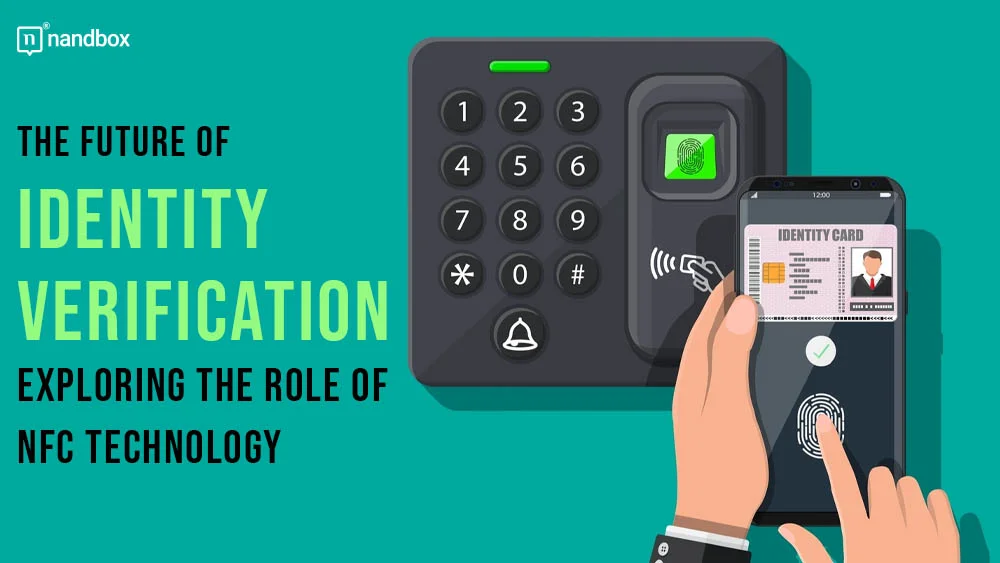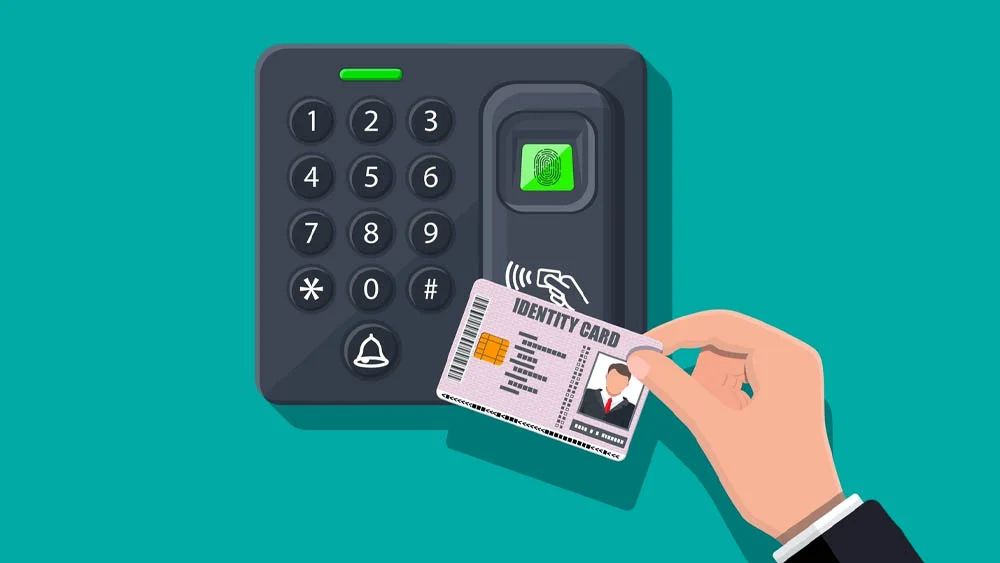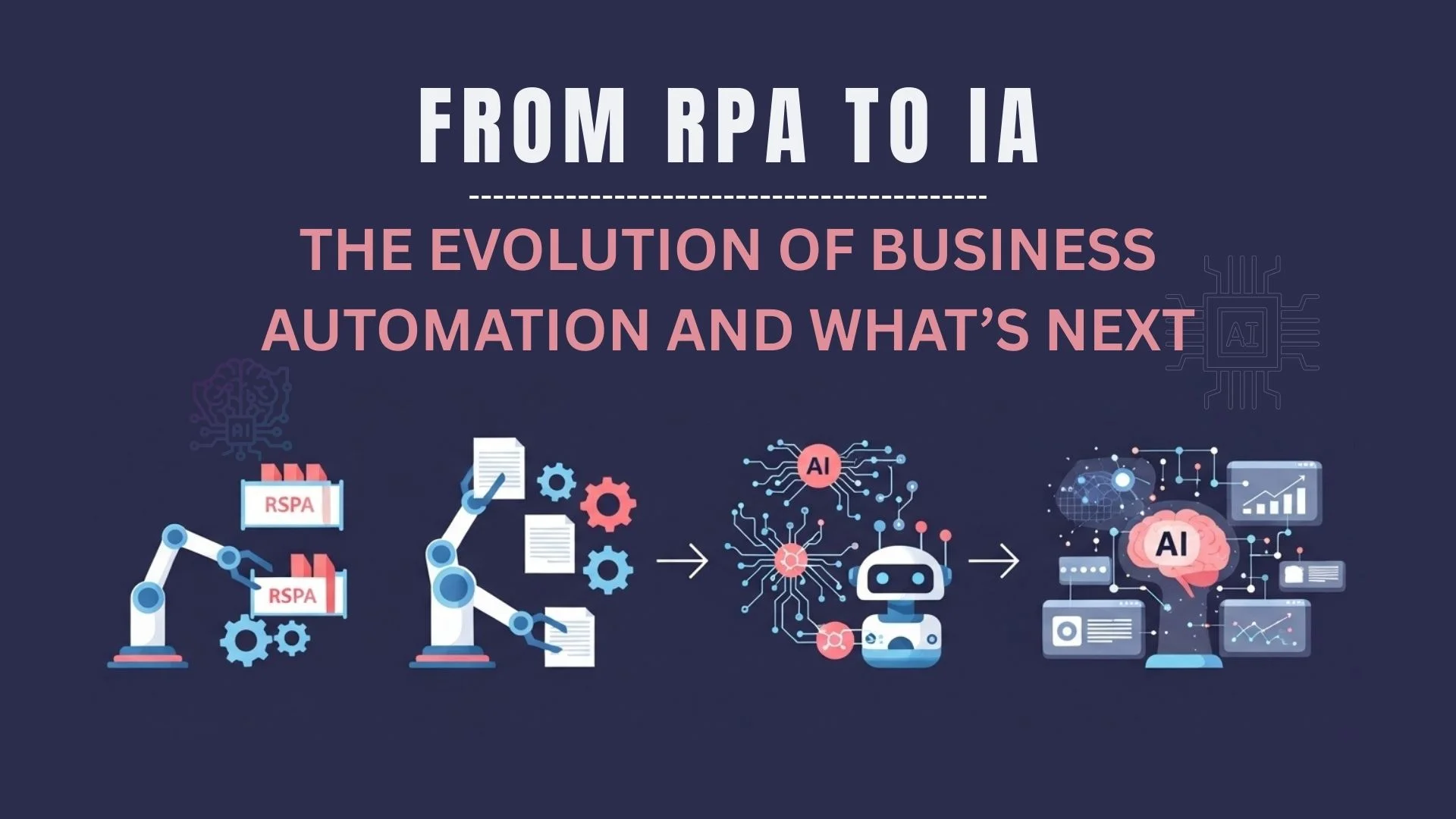In an increasingly digital world, where data security and personal privacy are at the forefront of technological advancements, NFC (Near Field Communication) technology has emerged as a key player in the realm of identity verification. NFC, a subset of RFID (Radio Frequency Identification), is revolutionizing how we authenticate identities, offering a blend of convenience, security, and efficiency. This article delves into how NFC technology is shaping the future of identity verification, its applications, benefits, and the challenges it faces.
What is NFC Technology?
NFC is a short-range wireless communication technology that allows two devices to exchange information over a distance of up to 10 centimeters. Furthermore, operating at a frequency of 13.56 MHz, NFC facilitates communication between devices through electromagnetic induction. It is widely used in contactless payment systems, public transportation ticketing, and information sharing applications.
NFC in Identity Verification
The application of NFC in identity verification leverages its secure and user-friendly nature to enhance various identification processes. Here’s a detailed look at how NFC technology is transforming identity verification:
1. Enhanced Security Features
NFC technology offers several built-in security features that are crucial for identity verification:
- Encrypted Communication: NFC devices use encrypted communication protocols to protect data exchanged between the user’s NFC-enabled device and the reader. This ensures that sensitive information, such as personal identification details, is not easily intercepted or accessed by unauthorized parties.
- Short Range Interaction: The short-range nature of NFC transactions (within 4 inches) minimizes the risk of unauthorized access. Unlike other technologies that might have a broader range, NFC’s limited distance requirement ensures that devices must be in close proximity to communicate.
- Secure Elements: NFC-enabled devices often incorporate secure elements (SE), which are specialized hardware components designed to store sensitive information securely. These elements can be integrated into SIM cards, SD cards, or embedded directly into devices.
2. Convenient and Seamless User Experience
NFC’s ease of use makes it an attractive option for identity verification applications:
- Tap and Go: With NFC, users can verify their identity with a simple tap of their NFC-enabled device against a reader. Also, this ease of use enhances the user experience, making identity verification processes quick and straightforward.
- No Need for Physical Cards: NFC-enabled smartphones and wearable devices can replace physical ID cards. Also by reducing the need for users to carry multiple cards or documents. This convenience is particularly valuable in scenarios like access control and public transportation.
3. Versatile Applications
NFC technology’s versatility opens up a range of identity verification applications:
- Access Control Systems: NFC is used in access control systems for secure entry to buildings, offices, and restricted areas. Additionally, employees or authorized individuals can use their NFC-enabled badges or smartphones to gain access, streamlining entry processes and improving security.
- Digital ID Cards: Many organizations and institutions are adopting digital ID cards that utilize NFC technology. These digital IDs can store a variety of information, such as personal identification details, access permissions, and even payment methods.
- Government and Healthcare Services: Governments and healthcare institutions are exploring NFC for national ID cards, medical records, and service access. NFC can simplify interactions with public services, improve data management, and ensure the secure exchange of sensitive information.
Benefits of NFC for Identity Verification
The adoption of NFC technology for identity verification offers several benefits:
- Increased Security: NFC’s encrypted communication and secure elements ensure that personal information is protected from unauthorized access and tampering.
- Improved Efficiency: NFC’s quick and easy interaction processes streamline verification procedures, reducing wait times and increasing overall efficiency.
- Cost-Effective: Implementing NFC technology can be cost-effective compared to other security systems, as it often utilizes existing infrastructure and devices.
- User-Friendly Experience: The simplicity of NFC interactions enhances the user experience, making identity verification more accessible and convenient for a broad audience.
Challenges and Considerations
Despite its many advantages, NFC technology also faces several challenges:
- Limited Range: While NFC’s short range enhances security, it can also limit the application of NFC in scenarios requiring longer-range communication.
- Compatibility Issues: Not all devices and systems are NFC-compatible, which can create challenges in ensuring that NFC solutions work seamlessly across different platforms and devices.
- Privacy Concerns: As with any technology handling personal information, there are concerns about how NFC data is managed and protected. Ensuring that NFC systems comply with privacy regulations and best practices is crucial for maintaining user trust.
The Future of NFC in Identity Verification
Looking ahead, the role of NFC in identity verification is likely to expand as technology continues to evolve. Innovations in NFC technology, such as advancements in secure elements and integration with emerging technologies like blockchain, could further enhance the security and functionality of NFC-based identity verification systems.
As organizations and institutions seek more efficient and secure methods for identity verification, NFC technology is poised to play a pivotal role in shaping the future of personal and digital identification. Its blend of convenience, security, and versatility makes it a compelling choice for modern identity verification solutions.
Conclusion
NFC technology represents a significant advancement in the field of identity verification. Offering a secure, efficient, and user-friendly alternative to traditional methods. Also, with its applications spanning from access control and digital ID cards to government and healthcare services. It is set to become a cornerstone of modern identity verification strategies. While there are challenges to address, the future of NFC in this domain looks promising, with ongoing innovations poised to enhance its capabilities and applications.
As we continue to embrace digital transformation, NFC technology stands out as a key enabler of secure and efficient identity verification solutions, shaping the way we authenticate and protect our identities in the digital age.




